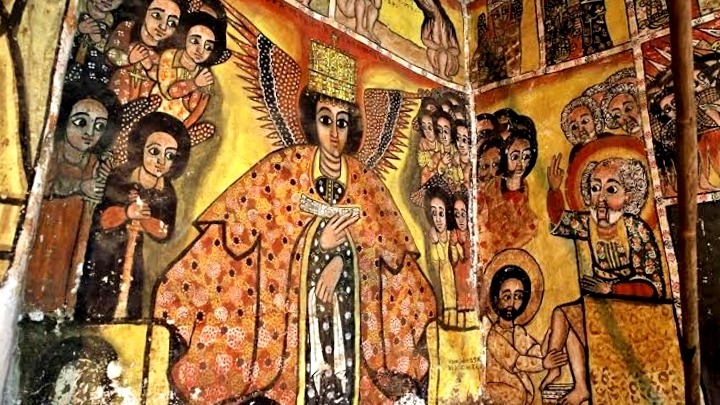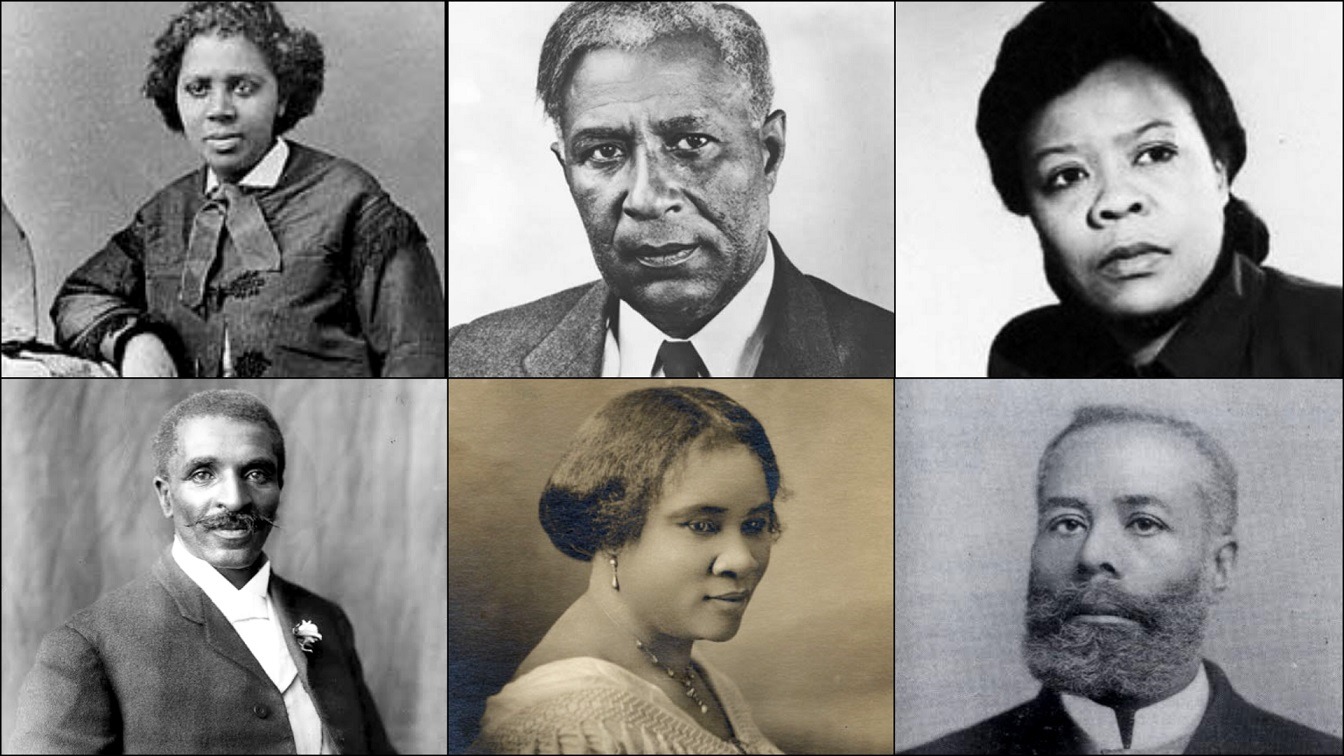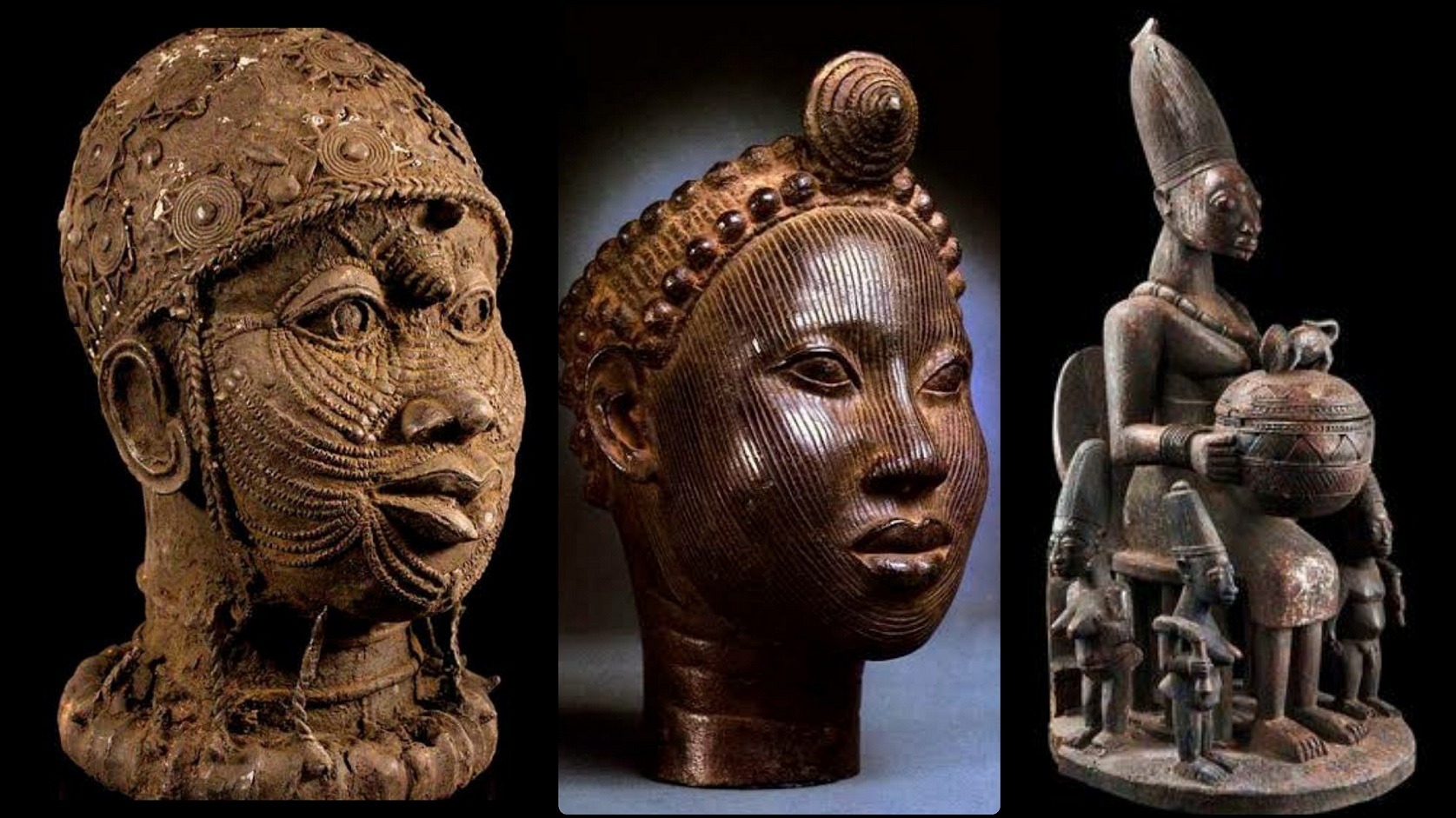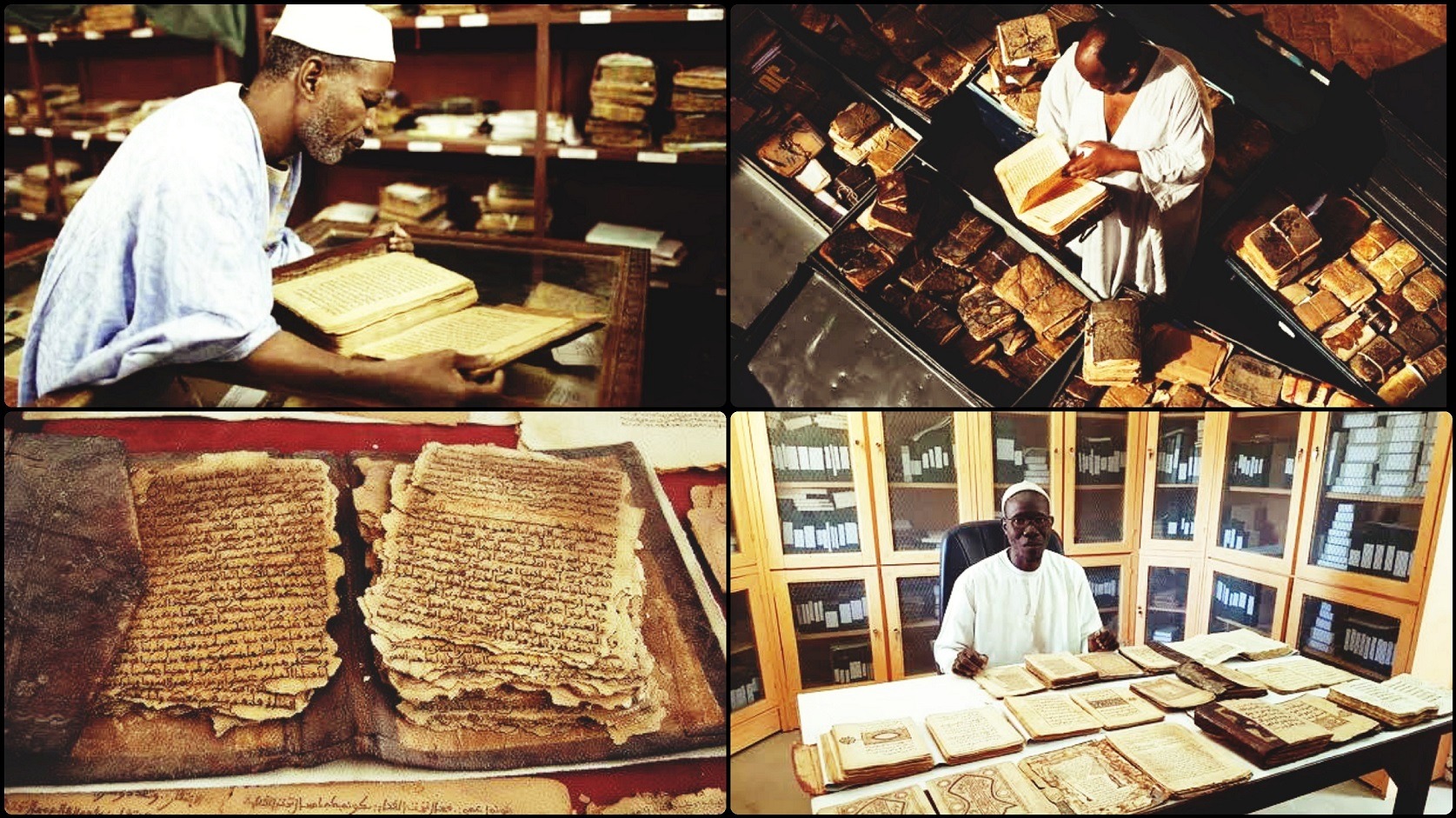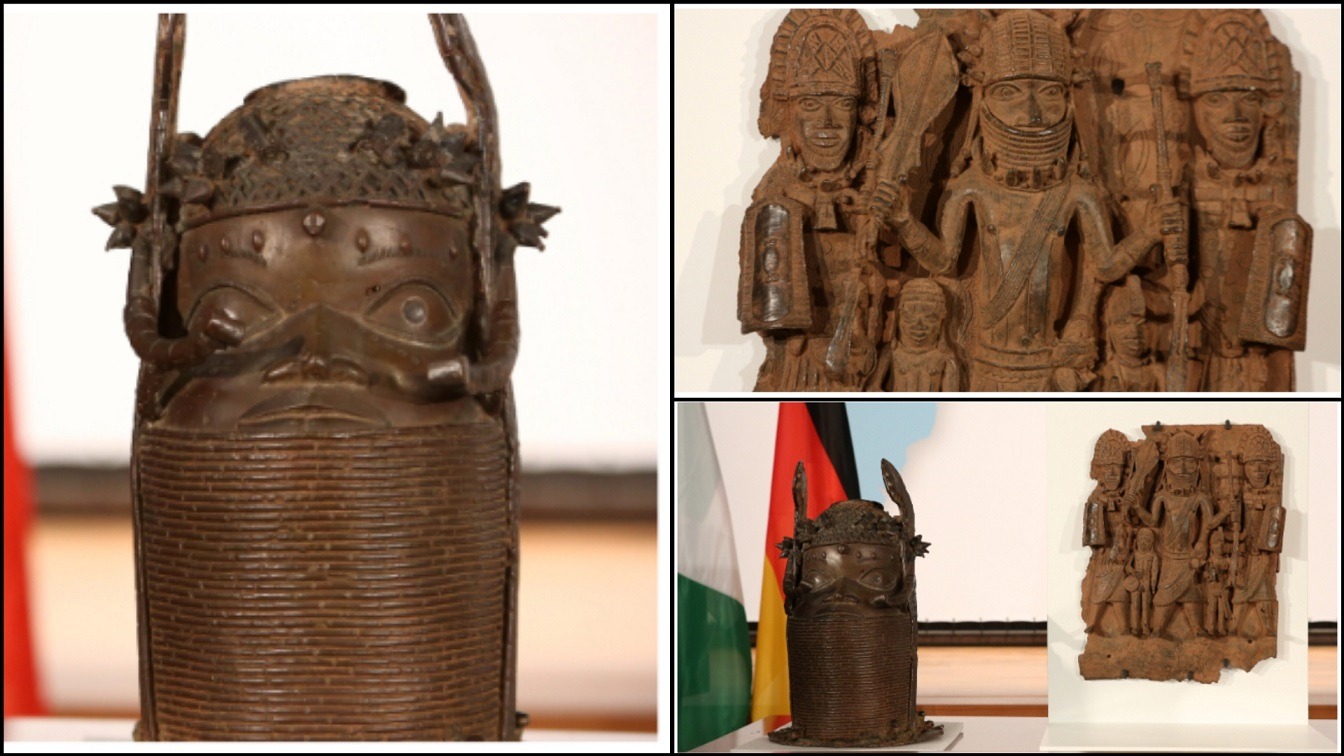Many years ago, when most women around the world were relegated to housework, Ethiopian women were becoming increasingly involved in their national duty of protecting their country. They were defending Ethiopia’s sovereignty by carrying arms or participating in war expeditions against foreign invaders while also assisting in the administration of affairs.
According to history, between 1464 and 1468, during the reign of King Zara Yaqob, women’s advancement into political positions became more pronounced. According to historian Richard Pankhurst, Zara Yaqob “established a women’s administration by appointing his daughters and relatives to key provinces.”
Queen Eleni, Zara Yaqob’s wife, would become a skilled diplomat and military strategist. According to Ethiopian history, she was a Hadyya noblewoman who was kind and pious, as well as a good Christian theologian, and she was largely responsible for the arrival of the Portuguese as one of the first diplomatic missions in 1520.
What a powerful queen she was, and what foresight she possessed! She had predicted the Turks’ interest in invading Ethiopia’s coastline before the arrival of the Portuguese. As a result, she proposed to the Portuguese leadership a joint attack strategy against the Egyptians and Ottoman Turks.
In a letter to the Portuguese, Eleni stated, “We have heard that the Sultan of Cairo has assembled a large army to attack your forces…
We are prepared to send a large number of men-at-arms to assist in sea-bound areas in the event that such enemies attack…
If you want to arm a thousand warships, we will provide the necessary food and supply you with everything you need in large quantities.”
Sylvia Pankhurst cited the letter proposing Ethiopian-Portuguese military cooperation against the invaders. The Turks were eventually defeated.
Indeed, Eleni wielded enormous power in Ethiopian politics. Several emperors used her as a de facto co-regent or advisor during her lifetime. She served as a courtier to three notable Emperors: Zara Yaqob, his son by another wife, Baeda Maryam I, and Na’od.
According to Rita Pankhurst, Zara Yaqob adored his wife, Eleni, because “she was accomplished in everything: in front of God by practising righteousness and having strong faith, by praying and receiving Holy Communion; in worldly terms, she was accomplished in preparing food [for the royal table], familiarity with the books, knowledge of the law, and understanding the affairs of state.”
Baeda Maryam, who had lost his mother, adored Eleni as much as he did his own mother. Eleni, as previously stated, was very kind and religious, and she even wrote two religious works: one on God’s Laws and the other on the Holy Trinity and the Purity of St Mary.
The queen was also responsible for the translation of Greek and Arabic religious texts into G’z, as well as the construction and repair of numerous churches. Because of her widespread popularity in Ethiopian society, she continued to play an important role in Ethiopian politics even after her husband’s death in 1478.
She served at court during the reign of Baeda Maryam’s eldest son, as well as during the reign of her husband’s youngest son, Na’od. She was instrumental in naming her 12-year-old step-grandson Lbnä Dngl as his successor after his death. According to Rita Pankhurst, Eleni was the most powerful of the regents until Lbnä Dngl reached the age of majority.
Despite losing political power by the 1520s, Eleni remained a powerful figure at court until her death in April 1522. When word of her death reached the court in Ethiopia, Portuguese explorer Francisco Alvares wrote:
“They said that since she died, all of them, great and small, had died, and that while she was alive, all lived and were defended and protected; and she was the father and mother of all.”
